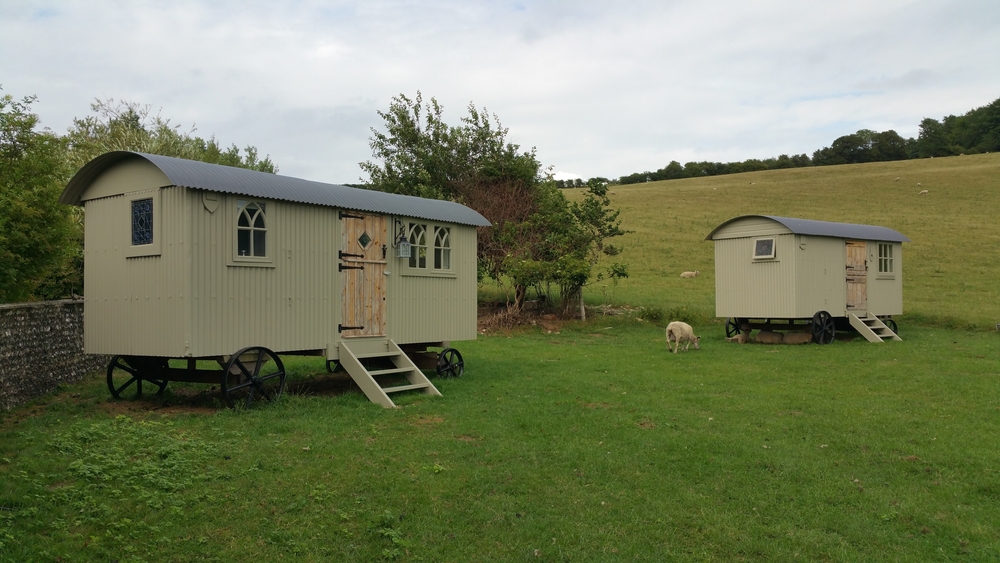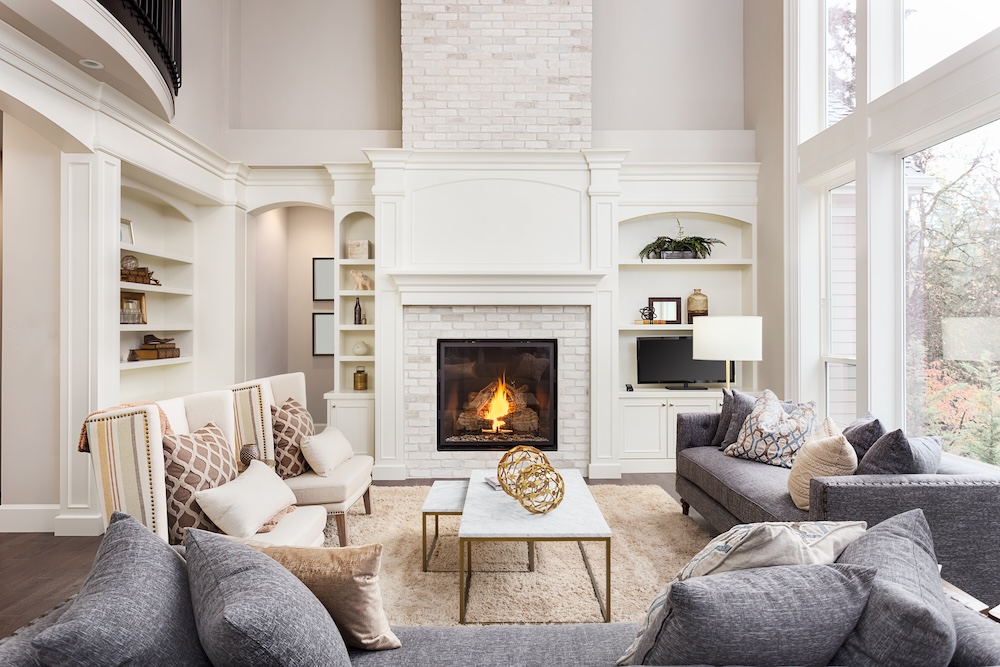The tax you pay on your shepherd’s hut will depend on where it is located, and how you use it.
In this post we will discuss some situations in which you may need to pay council tax, or other kinds of tax, on your shepherd’s hut.
When Do You Pay Council Tax on a Shepherd’s Hut?
If the shepherd’s hut is on your own land – that is, in the garden attached to your main family residence – and if only you or your family use it, then you will probably not have to pay council tax on it. But if you or anyone else uses the hut as their primary residence, then council tax may apply.
You may also have to pay council tax if the shepherd’s hut is located on a plot of land that is not part of your main residence. In this case, the local council may treat your shepherd’s hut as a second home, or an unoccupied property, and tax you accordingly.
Contact your local council for more information about the council tax rules in your area. Let them know where your shepherd’s hut is located, and how you use it, and they can advise you on the tax you will need to pay. They will also advise you on whether or not you need to register your shepherd’s hut with the local authority.
Do You Have To Pay Council Tax If You Let Out Your Shepherd’s Hut?
You may also have to pay council tax on the hut if you let it to holidaymakers. This may depend on whether or not the shepherd’s hut is located on land that is part of your primary residence, or if it is located on a separate plot of land.
Other Taxes to Pay If You Let Your Shepherd’s Hut to Holidaymakers
If you let your shepherd’s hut to holidaymakers, you may also have to pay certain business rates, including income tax, VAT, and capital gains tax. The tax you pay, and the amount you owe, will depend on how much income you make from letting your shepherd’s hut. The number of nights your shepherd’s hut is available to let each year can also determine the business rates you will need to pay.
Read the full government guidance on business rates for self-catering and holiday let accommodation.
Tax Relief For Shepherd’s Hut
If you let your shepherd’s hut to holidaymakers, and you do not live in it yourself, then it may qualify as a Furnished Holiday Letting (FHL).
To be classed as an FHL, your shepherd’s hut must meet certain criteria:
- It must be furnished by you.
- The hut must be available to let for at least 210 days of the first tax year you start letting. It does not matter whether or not you have bookings for the entire 210 days.
- You must not allow for stays longer than 31 days.
- The hut must be commercially let as a holiday property for at least 105 days of the year. Any time you, your friends, or your family spends in the hut for free or at reduced rates do not count towards this total.
If your shepherd’s hut does qualify as an FHL, you can get a range of benefits:
- Capital gains tax relief.
- Capital allowances for any furniture, equipment, and fixtures you purchase and fit.
- Any rental income can count as earnings for pension purchases.
Read the government’s full guide to FHLs, the eligibility, and the possible tax relief.
Get The Insurance Cover You Need For Your Shepherd’s Hut
No matter how you use your shepherd’s hut – whether for a garden office, as a personal getaway, or as a rental property – it is important that you get the right insurance for your property.
James Hallam is an independent Lloyd’s broker with a dedicated team of experienced insurance professionals who specialise in getting you the cover you need at a competitive price.
We will ensure you get full cover for your shepherd’s hut, wherever it is located, and however you use it.
Learn more about our specialist shepherd’s hut insurance and get a free quote today.











